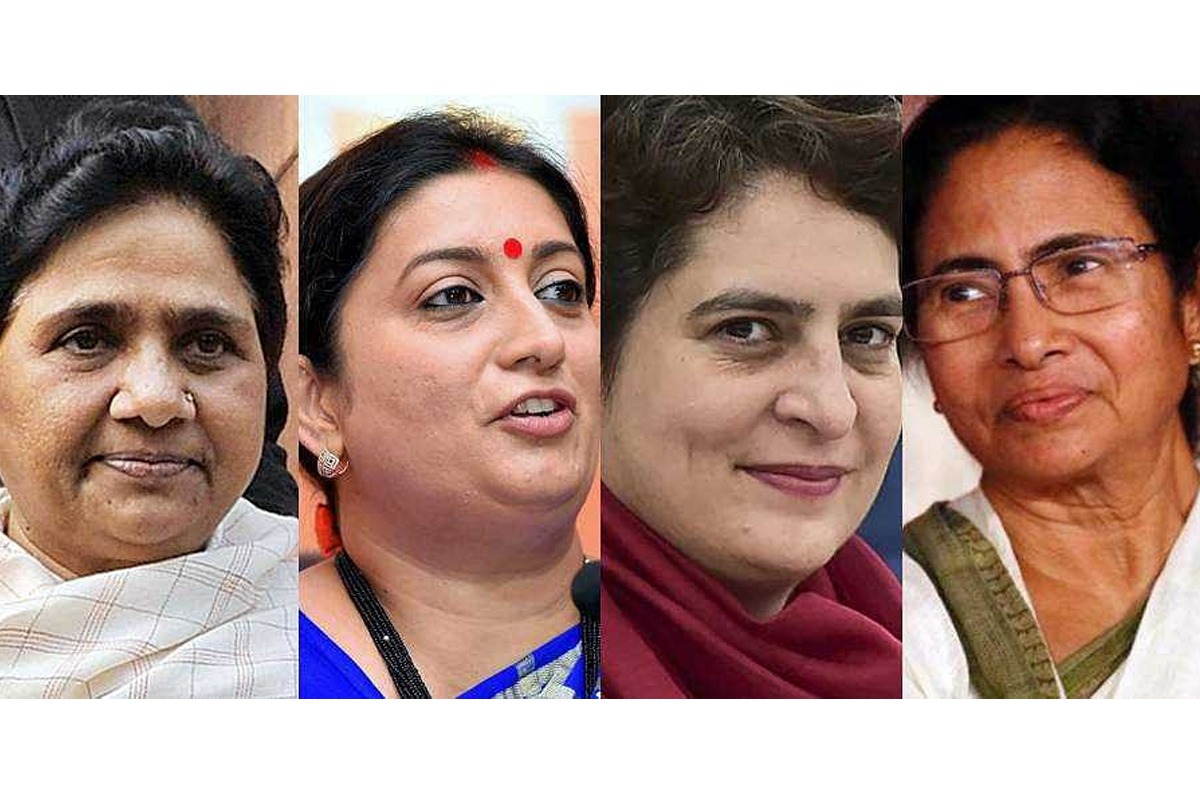In the realm of politics, where the voices of the people are meant to be heard and respected, recent sexist remarks by Bihar Chief Minister Nitish Kumar have raised concerns and sparked controversy. Such remarks are not only an affront to democracy but a reflection of deep-rooted gender bias that must be condemned unequivocally. The derogatory comments made by the Chief Minister must be unequivocally condemned, and even though the CM has issued an apology, it is imperative to uphold a culture of respect and the use of parliamentary language.
In a shocking display of insensitivity and misogyny, Bihar Chief Minister Nitish Kumar made comments in the state assembly that have been rightly described as “misogynistic,” “vulgar,” and “patriarchal.” He suggested that educated women have the power to control birth rates by restraining their husbands during sexual intercourse. Such remarks are not only crude but also perpetuate harmful stereotypes and reflect an unacceptable mindset for a leader in his position.
Sexist and derogatory remarks against female politicians have regrettably become a recurring theme in Indian politics. These comments often target not only a particular individual but also undermine the respect and dignity of women in general. At a time when we should be striving for greater inclusivity and gender equality, these comments set a detrimental precedent, especially in a society where women’s political representation remains shockingly low.
Political leaders are held to a higher standard, and their actions and words carry significant weight. Sexist comments not only violate the ethical and decorum standards expected from lawmakers but also perpetuate a culture of misogyny. This behaviour is unacceptable, irrespective of party affiliation. Leaders should be accountable for their words and actions, and there should be clear consequences for those who cross the line.
The Bihar Chief Minister’s remarks are offensive, and though an apology has been issued. This is not enough. Such comments not only tarnish the dignity of democracy but also hurt the sentiments of women across the country. Union Minister Ashwini Kumar Choubey was right to criticise the Chief Minister’s words and suggest that he consult a doctor. BJP national spokesperson Shehzad Poonawalla aptly called Kumar’s language vulgar and demanded his resignation.
Sexist remarks have no place in our political discourse or in any sphere of public life. It is imperative that leaders who make such remarks are held accountable and that sincere apologies are issued. As a society, we must demand better from our political representatives and set a precedent of respect, dignity, and gender equality. Nitish Kumar’s comments were a disservice to democracy and women alike, and an apology is not just expected but should set the course for future behaviour.










